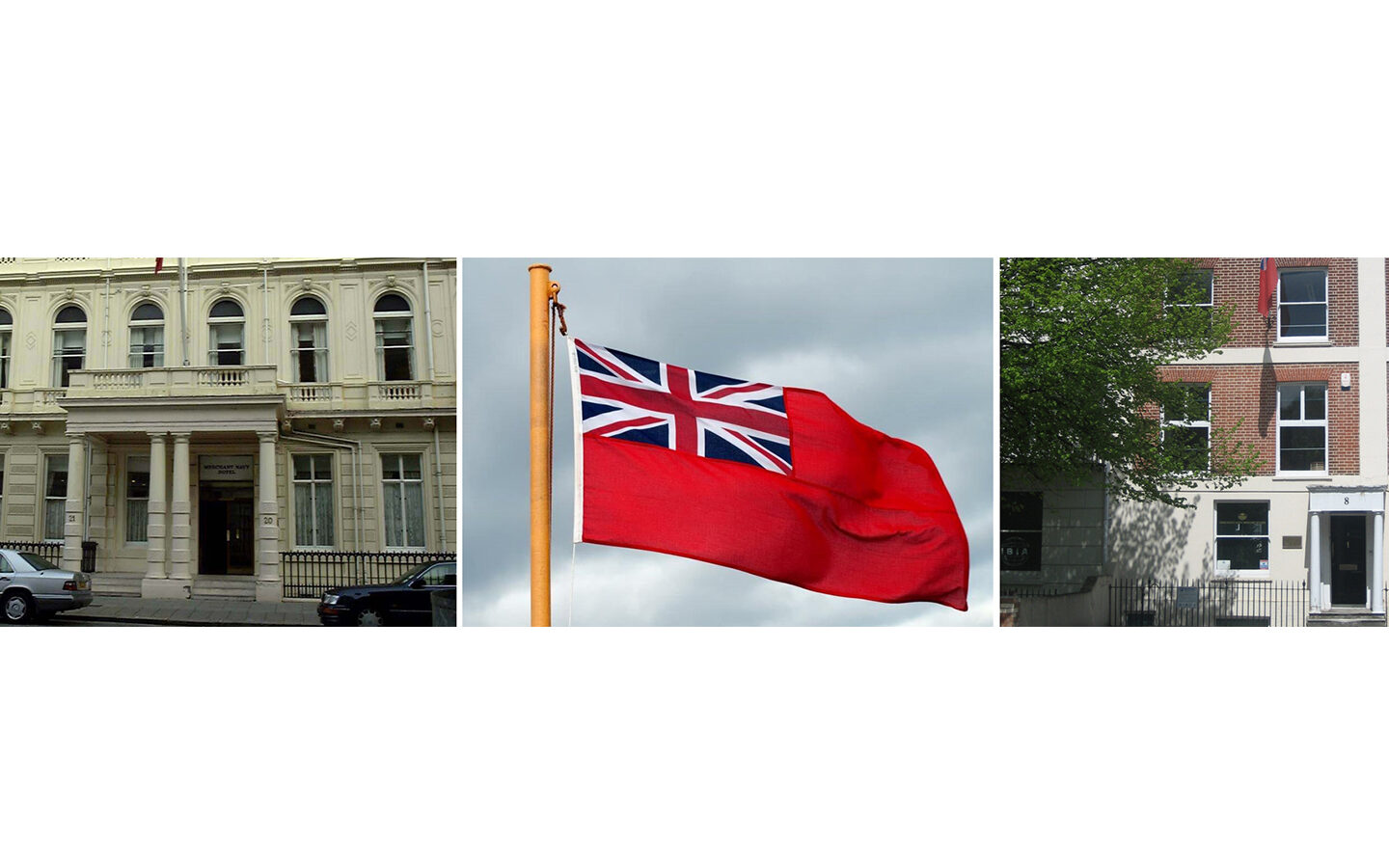The Merchant Navy Welfare Board (MNWB) was established in 1948, although its immediate predecessor, the Seafarers’ Welfare Board (SWB) and others date back to 1927. Membership of its Council came from the ship owners, seafarers’ trade unions, nautical charities and the UK Government. Funding for SWB was provided by the Government via levies on British ship owners employing the many non-domiciled seamen. When the SWB became the MNWB it inherited a number of refurbished hostels and clubs. The SWB Port Welfare Committees were also transferred and most of the maritime charities caring for merchant seafarers and fishermen became its Members.
Dramatic changes in merchant shipping from the 1970s onwards had a major impact on the hotels. Over a comparatively short period, all but the London hotel became redundant, whilst the clubs were transferred to the seafarers’ ‘missions’. Government support and direct involvement was also withdrawn. Fortuitously the sale of the hotels provided working capital that was invested to provide the main source of income for the Board’s continuing work. In 2002, the Board took the view that the London Hotel was no longer serving its original purpose and was sold for redevelopment. The capital raised was invested to increase the Board’s income and provide greater levels of support to its Members. As a result, MNWB funding supports working groups, evaluation studies, training, casework support and capital grants.
Today the Board has around 47 members subscribing to its Constitution. There are also fifteen Port Welfare Committees (PWCs) within the UK, and a Seafarers’ Welfare Board (SWB) in Gibraltar. The PWCs are strategic partnerships that support local seafarers’ welfare services and grant funding for capital projects. Membership is open to all organisations directly concerned with the welfare of seafarers.
For over 70 years the Board has provided a forum for those organisations supporting the welfare of seafarers enabling them to work harmoniously together and thus avoiding unnecessary duplication of effort. The work of the Board continues to evolve, recognising the changes that affect serving and retired seafarers, fishermen and their dependants.

